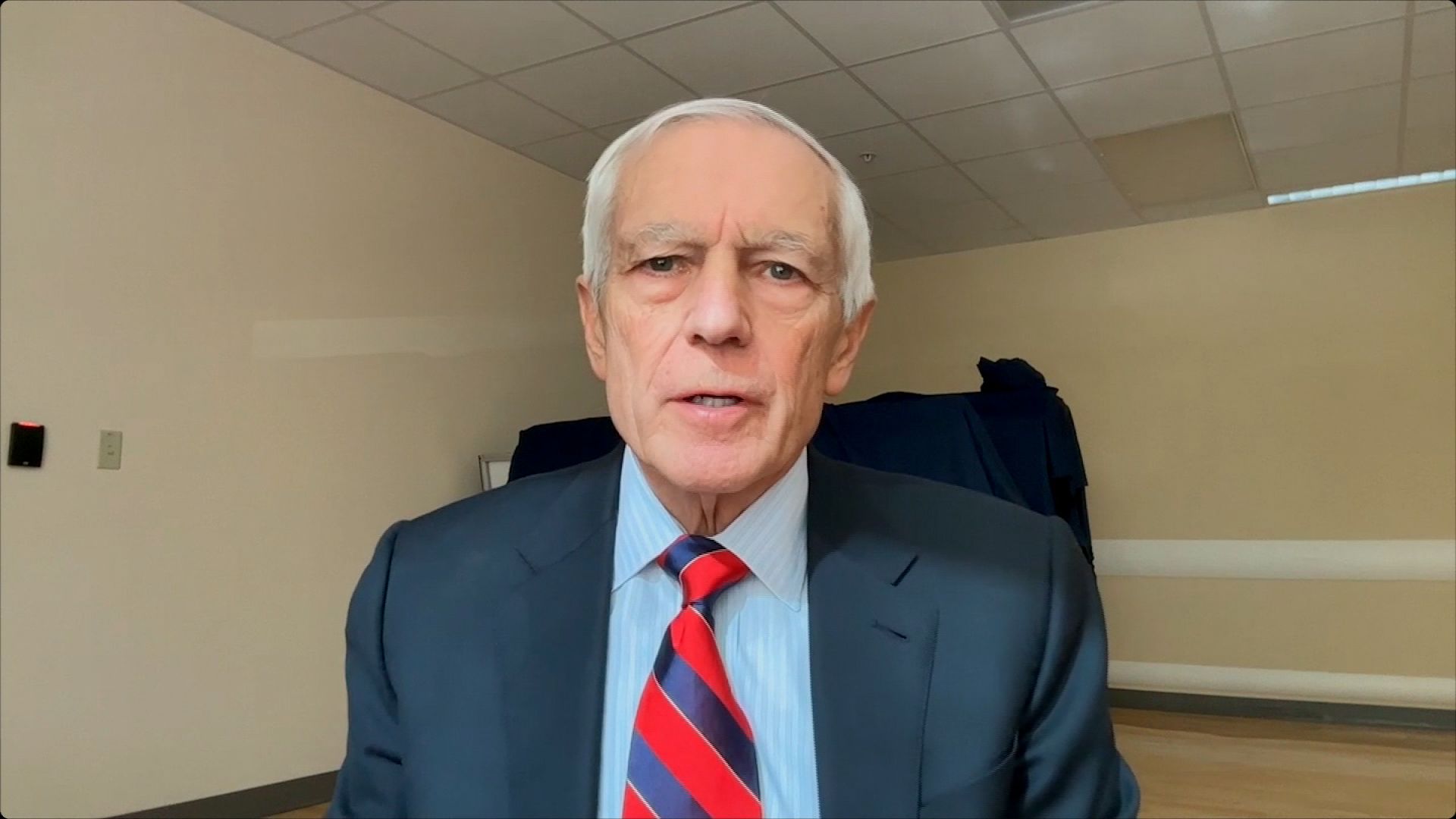U.S. Attributes Jordanian Drone Attack To Islamic Resistance In Iraq
In a significant development, the U.S. attributes Jordanian drone attack to Islamic Resistance in Iraq, which resulted in the tragic loss of three American service members to the Islamic Resistance in Iraq.
Author:Suleman ShahReviewer:Han JuFeb 02, 202436.7K Shares721.3K Views

In a significant development, the U.S. attributes Jordanian drone attack to Islamic Resistance in Iraq, which resulted in the tragic loss of three American service members to the Islamic Resistance in Iraq.
This announcement marks the first formal acknowledgment of responsibility for the incident by the White House.
Background Of The Attack
According to National Security Council spokesman John Kirby, the U.S. government believes that the Islamic Resistance in Iraq, an umbrella group encompassing various factions, including Kata'ib Hezbollah, orchestrated, funded, and facilitated the attack.
While Kata'ib Hezbollah has not been solely blamed for the assault, Kirby highlighted that this group had been involved in previous attacks on U.S. bases.
The attack in question is considered the most severe among numerous incidents targeting U.S. forces in the Middle East since the October 7 attack by Hamas on Israel.
It marks the first instance of U.S. troops directly losing their lives in the Middle East under hostile fire since that event.
Identification Of Fallen Service Members
The three American service members who tragically lost their lives in the attack were identified as Sergeant William Rivers (46) from Carrollton, Georgia; Sergeant Kennedy Sanders (24) from Waycross, Georgia; and Sergeant Breonna Moffett (23) from Savannah, Georgia.
The Army Reserve confirmed that Sanders and Moffett received a posthumous promotion to the rank of sergeant.
President Biden personally spoke with the families of the fallen service members on Tuesday and is expected to attend a dignified transfer ceremony at Dover Air Force Base on Friday.
In addition to the three fatalities, over 40 U.S. troops sustained injuries in the attack, with three of them subsequently transferred to a hospital in Germany for further treatment.
National Security Council spokesman John Kirby emphasized that the U.S. is preparing for a multi-phased counterattack, stressing that the response would occur on the U.S.'s own timeline.
He mentioned, "We will respond on our own time on our own schedule," underscoring that the initial response would not be the only action taken.
Kirby also revealed that U.S. intelligence is actively monitoring for signs of groups in the region repositioning resources ahead of the anticipated counterstrike.
Challenges And Decision-Making
The ongoing discussions between the U.S. and the Iraqi government about the presence of American troops in the nation have made the situation even more difficult.
Despite public statements by the Iraqi government expressing a desire for the U.S. to leave, the prime minister has refrained from specifying a timetable.
The decision on how to respond to this recent attack, particularly considering the potential impact on U.S. forces in Iraq, is a critical aspect of the ongoing deliberations within the Biden administration.
As tensions continue to rise, the international community watches closely, awaiting the U.S. response and the subsequent developments in the delicate Middle East geopolitical landscape.
Final Words
The US has attributed a drone attack in Jordan to the Islamic Resistance in Iraq, escalating tensions in the Middle East. The tragic loss of three American service members underscores the gravity of the incident.
Decision-makers face challenges regarding the US troop presence in Iraq, and the international community is closely monitoring the situation due to the delicate geopolitical dynamics.

Suleman Shah
Author
Suleman Shah is a researcher and freelance writer. As a researcher, he has worked with MNS University of Agriculture, Multan (Pakistan) and Texas A & M University (USA). He regularly writes science articles and blogs for science news website immersse.com and open access publishers OA Publishing London and Scientific Times. He loves to keep himself updated on scientific developments and convert these developments into everyday language to update the readers about the developments in the scientific era. His primary research focus is Plant sciences, and he contributed to this field by publishing his research in scientific journals and presenting his work at many Conferences.
Shah graduated from the University of Agriculture Faisalabad (Pakistan) and started his professional carrier with Jaffer Agro Services and later with the Agriculture Department of the Government of Pakistan. His research interest compelled and attracted him to proceed with his carrier in Plant sciences research. So, he started his Ph.D. in Soil Science at MNS University of Agriculture Multan (Pakistan). Later, he started working as a visiting scholar with Texas A&M University (USA).
Shah’s experience with big Open Excess publishers like Springers, Frontiers, MDPI, etc., testified to his belief in Open Access as a barrier-removing mechanism between researchers and the readers of their research. Shah believes that Open Access is revolutionizing the publication process and benefitting research in all fields.

Han Ju
Reviewer
Hello! I'm Han Ju, the heart behind World Wide Journals. My life is a unique tapestry woven from the threads of news, spirituality, and science, enriched by melodies from my guitar. Raised amidst tales of the ancient and the arcane, I developed a keen eye for the stories that truly matter. Through my work, I seek to bridge the seen with the unseen, marrying the rigor of science with the depth of spirituality.
Each article at World Wide Journals is a piece of this ongoing quest, blending analysis with personal reflection. Whether exploring quantum frontiers or strumming chords under the stars, my aim is to inspire and provoke thought, inviting you into a world where every discovery is a note in the grand symphony of existence.
Welcome aboard this journey of insight and exploration, where curiosity leads and music guides.
Latest Articles
Popular Articles